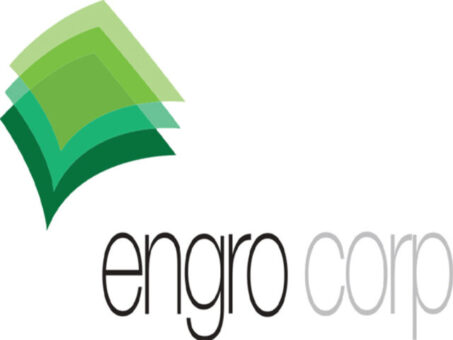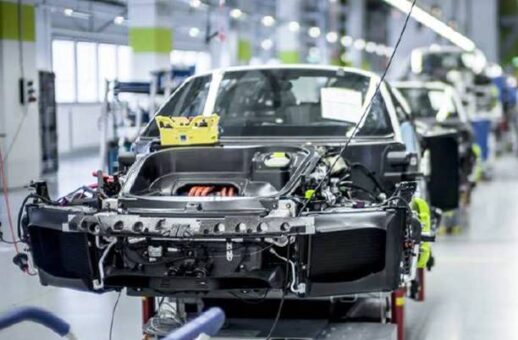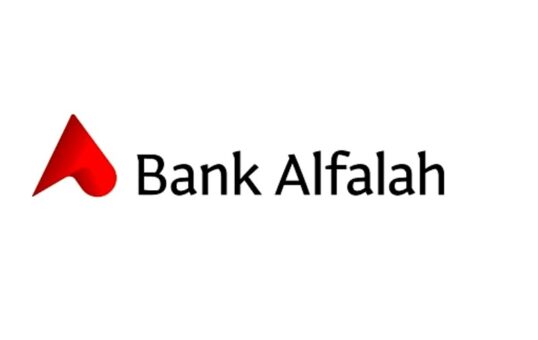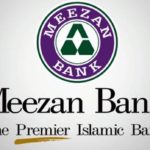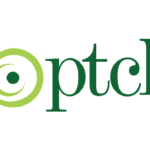KARACHI: Engro Corporation has posted consolidated annual revenue growth of 32 percent for the period ended December 31, 2019 as compared with the revenue of the last year.
The significant growth in revenue mainly driven by energy projects in Thar coming online during July 2019 and augmented by higher turnover of Fertilizers and Petrochemicals businesses, a statement said on Friday.
The Company posted a consolidated profit after tax (PAT) of Rs30.288 billion compared to Rs23.632 billion for last year. Profit attributable to the owners was recorded at Rs16.533 billion compared to Rs12.708 billion for last year.
This growth in profitability is after accounting for a provision of Rs1.224 billion relating to impairment of the Company’s investment in FrieslandCampina Engro Pakistan Limited, under the requirements of International Accounting Standard 36 (Impairment of Assets).
On a standalone basis, the Company posted a PAT of Rs14.303 billion against Rs12.720 billion for the comparative year, translating into earnings per share of Rs24.83 per share. This increase is primarily attributed to higher dividends from subsidiaries as well as higher interest income on investable reserves.
The company announced a final cash dividend of Re1.00 per share for the fourth quarter, bringing the cumulative payout for the year to Rs24.00 per share.
Fertilizer business achieved a historic milestone of highest ever Urea production of 2 million tons due to better plant efficiency and higher gas availability.
This, coupled with higher fertilizer prices, has resulted in an increase of 11 percent in sales revenue over the prior year.
The business recorded a PAT of Rs16.871 billion – down by 3 percent from last year – decrease mainly attributed to a one-off deferred tax impact of higher future corporate tax rates introduced through Finance Act, 2019.
Urea prices are expected to remain under pressure following a prospective reduction in GIDC. In response to this reduction, the business passed on the benefit to the end consumer through a price reduction of Rs160/bag.
Furthermore, the fertilizer industry continues to face challenges in the recovery of long outstanding subsidy and retrospective settlement of GIDC.
Polymer business recorded a revenue growth of 7 percent, while PAT was Rs3.661 billion compared to Rs4.930 billion for last year.
This fall in profits is attributable to inflationary impacts in the form of higher energy prices and interest rates coupled with one-off gains recorded in 2018.
In line with its long-term strategy, the business successfully initiated commercial production and commenced exports from its Caustic Flake plant.
Development of the 3.8 Mt per annum mine at Thar concluded with the successful ‘Test on Completion’ on June 3, 2019. Thereafter, Commercial Operations Date (COD) was declared on July 10, 2019 for both mining and power projects and the Thar power plant has been running smoothly ever since.
Further, the project commenced construction of Phase II of the mine expansion and achieved Financial Close on December 31, 2019, which will enhance production of coal from the mine to 7.6 Mt per annum.
